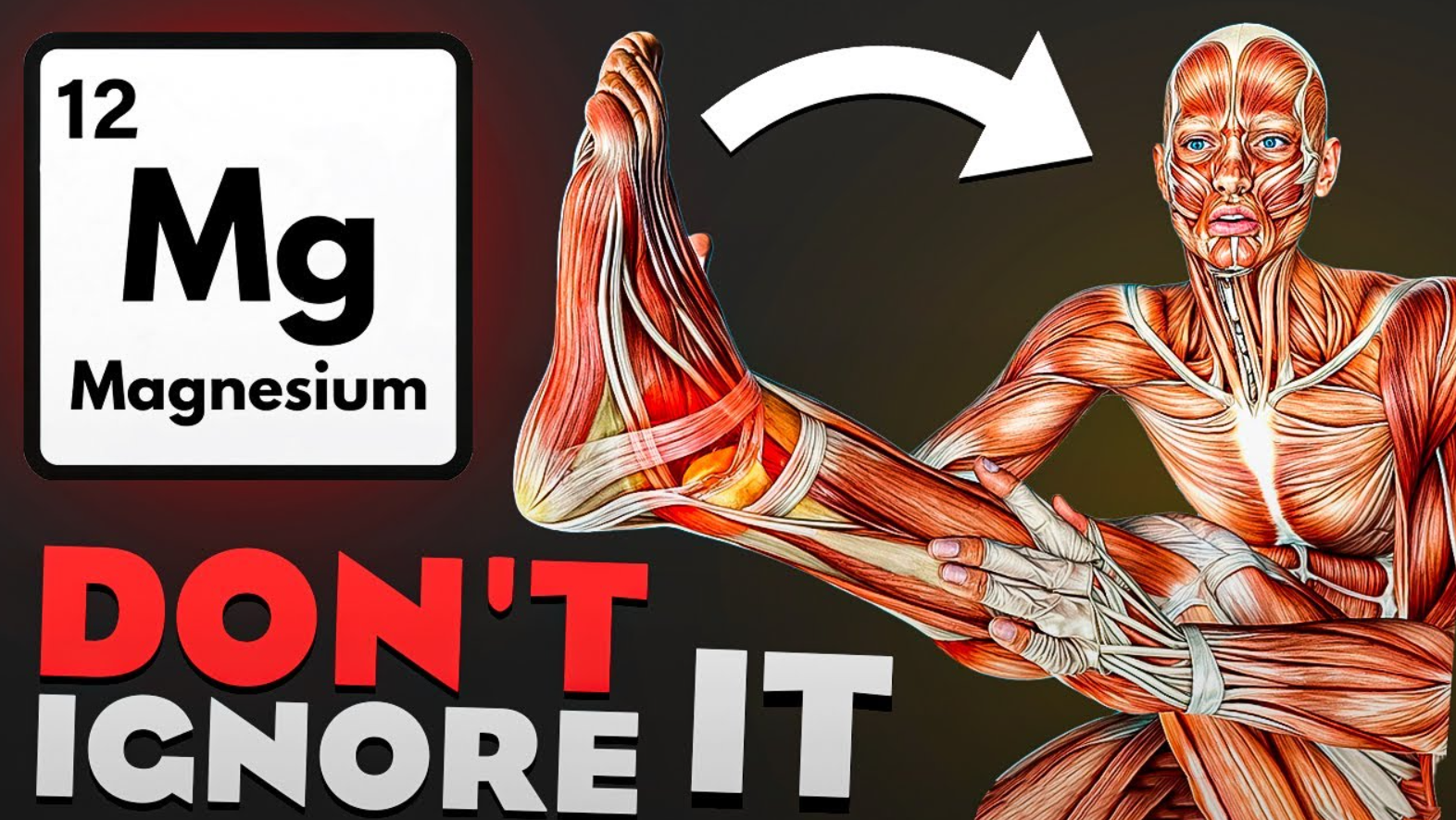Magnesium is a vital mineral that regulates a variety of biological activities, including muscle and neurone function, energy production, and bone health. Unfortunately, many people don’t get enough magnesium in their diets, resulting in a deficit that can present in a variety of ways. Here are nine critical indicators that your body needs more magnesium.
- Muscle cramps and spasms
If you get frequent muscle cramps or spasms, especially at night, it could be an indication of magnesium insufficiency. Magnesium helps muscles relax, therefore a lack of it might cause them to contract unintentionally.
- Fatigue and Weakness
Do you feel especially fatigued or weak without a clear reason? Magnesium is essential for energy generation, and deficiencies can cause chronic weariness and weakness.
- Mental Health Concerns
Magnesium is essential for brain function and mood modulation. A deficit can lead to mental health problems like anxiety, depression, and irritability.
- Sleep Problems
Do you have trouble sleeping well at night? Magnesium insufficiency can lead to insomnia or disturbed sleep. Magnesium helps to regulate neurotransmitters involved in sleep.
- High blood pressure
Magnesium relaxes blood arteries, promoting proper blood flow. Low magnesium levels can lead to high blood pressure and an increased risk of cardiovascular disease.
- An irregular heartbeat
An erratic heartbeat, or arrhythmia, can be a dangerous symptom of magnesium insufficiency. Magnesium is essential for keeping a healthy cardiac rhythm.
- Bone Health Issues
Magnesium is important for bone health because it regulates calcium levels. A deficit can cause weakened bones, increasing the risk of fractures and osteoporosis.
- Numbness and tingling
If you have regular numbness or tingling in your extremities, it could indicate that your magnesium levels are low. Magnesium shortage can impair nerve function, causing these symptoms.
- Migraine & Headache
Frequent headaches or migraines have also been linked to low magnesium levels. Magnesium relaxes blood arteries in the brain, and shortage can cause greater tension and pain.
How to Increase Magnesium Intake
Increase your intake of magnesium-rich foods, such as:
- Leafy green vegetables (spinach, kale)
- Nuts and seeds (almonds, sunflower seeds)
- Whole grains (brown rice, quinoa)
- Legumes (black beans, chickpeas)
- Fish (salmon, mackerel)
- Bananas and avocados
You can also consider taking a magnesium supplement, but it’s always best to consult with a healthcare provider before starting any new supplement regimen.
Conclusion
Recognising these symptoms early will help you address a magnesium deficit before it progresses to more significant health issues. By including magnesium-rich foods into your diet or taking supplements as needed, you may ensure that your body gets enough magnesium to function properly. Stay healthy and listen to your body!
After reading this text you can also read about: 8 Incredible Benefits of Starting Your Day with Chia Water



